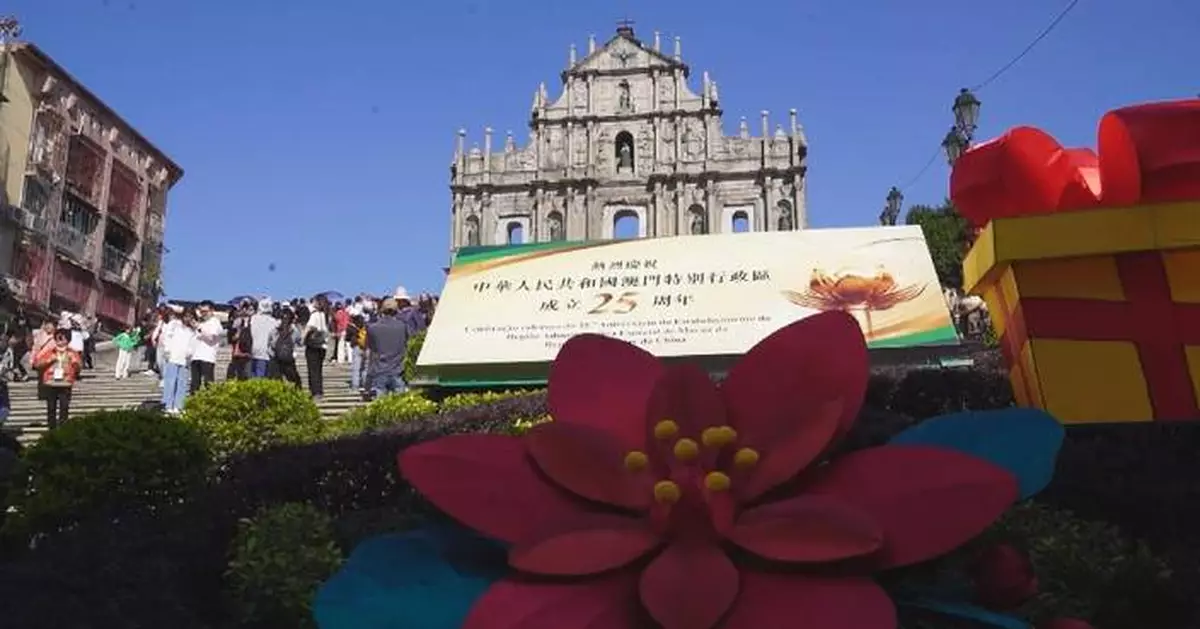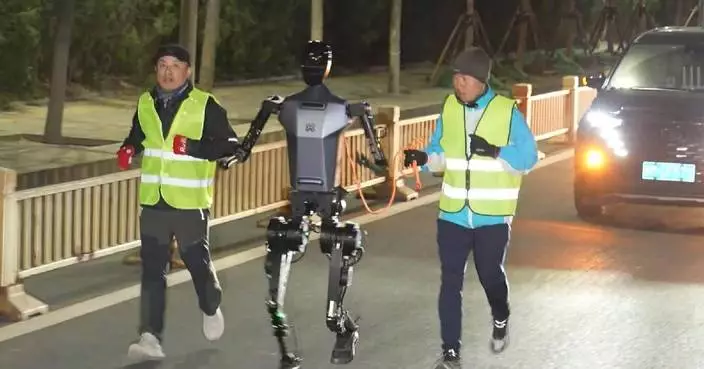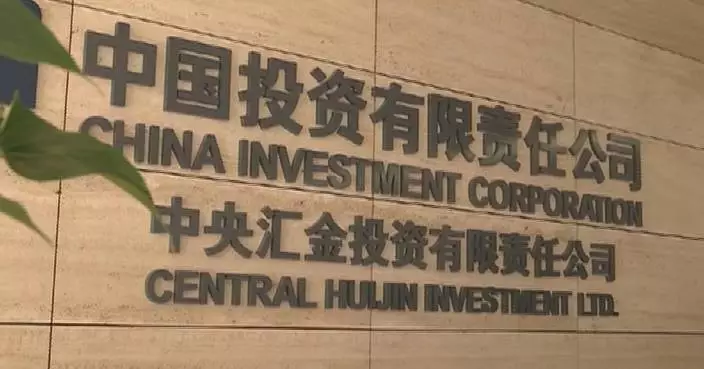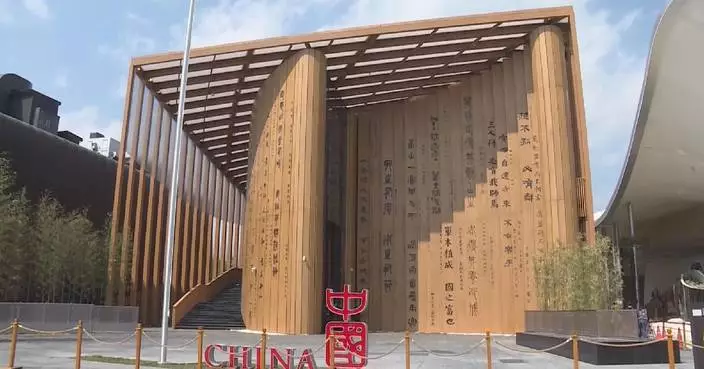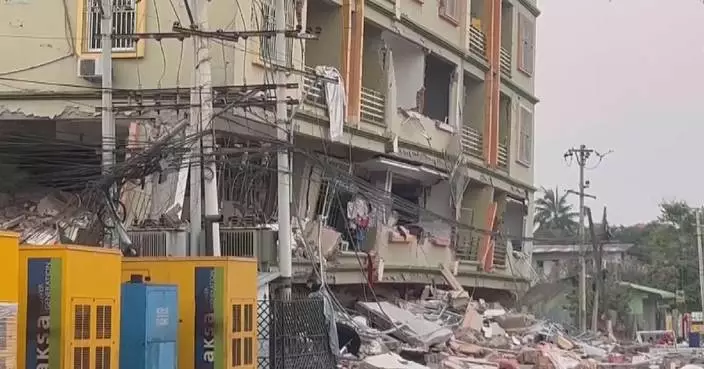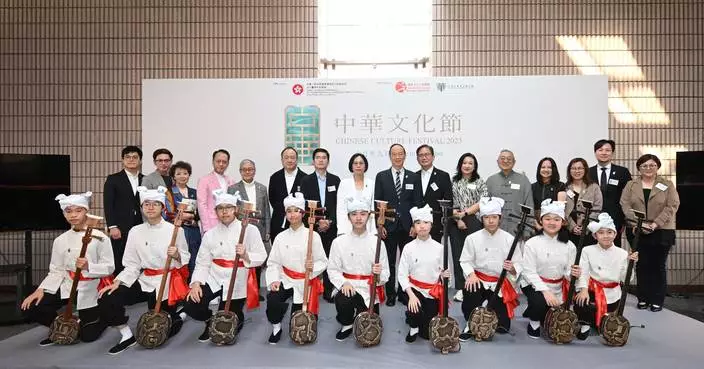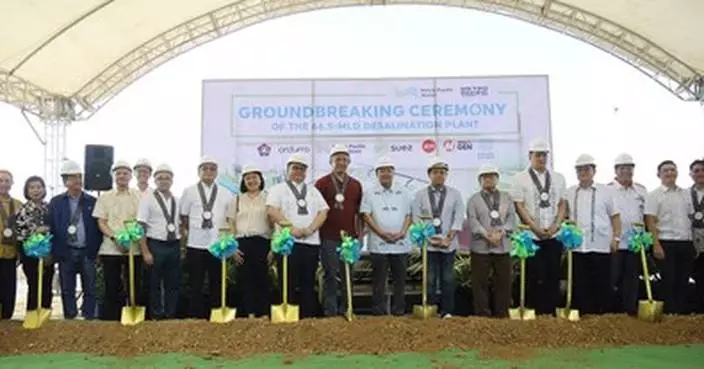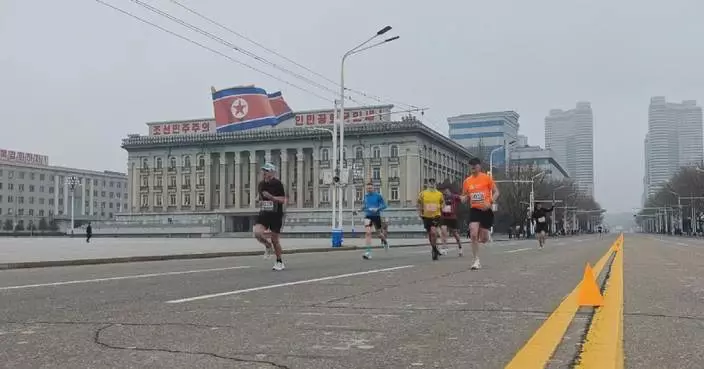The Legislative Assembly of China's Macao Special Administrative Region (SAR) has enacted or amended over 400 laws since Macao's return to the motherland in 1999 in implementation of the "one country, two systems" principle, safeguarding national sovereignty and security while driving the region's remarkable progress across political, economic, social and livelihood sectors, according to Assembly President Kou Hoi-in.
Kou, who served as a Legislative Assembly member for three terms during the Portuguese rule, transitioned to the SAR's Legislative Assembly after Macao's return to China on December 20, 1999, witnessing the dynamic evolution of Macao's legislature since the return.
"Immediately following the handover ceremony in the early hours of the day of the return, we returned to the Legislative Assembly building to convene the first plenary session of the first SAR Legislative Assembly. This is what we often refer to as the 'midnight legislation.' During this session, we passed 11 essential laws indispensable for the return, establishing the legal foundation for the SAR government, legislature, and judiciary to commence operations. This also laid the legal groundwork for the comprehensive implementation of the 'one Country, two systems' principle and the various systems enshrined in the Macao Basic Law," Kou said at a press conference in the run-up to the 25th anniversary of Macao' return to China.
In 2009, the SAR passed the Law on Safeguarding National Security in the Macao SAR, and last year, it adopted a bill defining national secrets in the region and regulating their protection, both aimed at safeguarding national interests, said Kou, emphasizing a shared understanding that Macao's well-being is intrinsically linked to national security and prosperity.
"We share a common understanding: when national security is ensured and the country thrives, Macao thrives. To safeguard national security, we enacted the Law on Safeguarding National Security in the Macao SAR in 2009, in implementation of Article 23 of the Basic Law. Following this, to continue to follow the requirements of a holistic approach to national security, we improved and amended the relevant legislations, including enacting the Law on Guarding State Secrets in the Macao SAR as supplementary legislation to the Law on Safeguarding National Security in the Macao SAR, to practically protect national sovereignty, security, and development interests. Furthermore, to ensure 'patriots administering Macao,' we've also amended laws such as the Chief Executive Election Law, the Legislative Assembly Election Law, and the Oath of Office Law. These amendments guarantee that the SAR's governance and administrative power remain firmly in the hands of patriots," Kou said.
Economically, the central government has positioned Macao as "One Center, One Platform, and One Base," paving the way for the region's moderate economic diversification. The Legislative Assembly has introduced laws promoting sectors such as healthcare, modern finance, and high-tech industries in recent years, according to Kou.
In terms of social welfare, the assembly has focused on education, employment, social security and housing, in implementation of the necessary legislative measures intended to enhance the well-being of Macao's residents, according to Kou.
Looking ahead, Kou said that the Legislative Assembly aims to facilitate Macao's better integration into China's overall development.
"The Guangdong-Macao in-depth cooperation zone in Hengqin has provided Macao with substantial development room, with many aspects highly innovative. The Legislative Assembly has been working closely with the SAR government to advance relevant initiatives. We are confident that through ongoing exploration, we can further accelerate and enhance these efforts, enabling Macao to integrate more effectively into the overall national development," Kou said.
Looking back at the Legislative Assembly's 25-year journey, Kou emphasized the effective collaboration and positive interactions between the Assembly and the SAR Government, ensuring continuous enhancement of Macao's well-being and the residents' sense of fulfillment, happiness, and security.
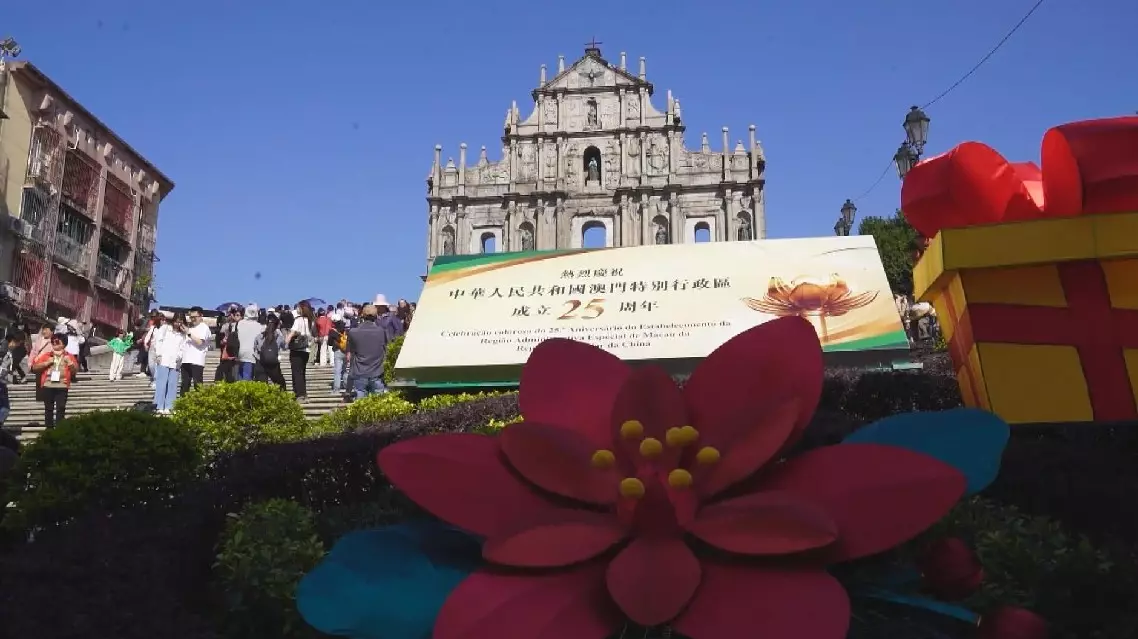
Over 400 laws passed to safeguard national interests, promote Macao's development: legislative assembly president


